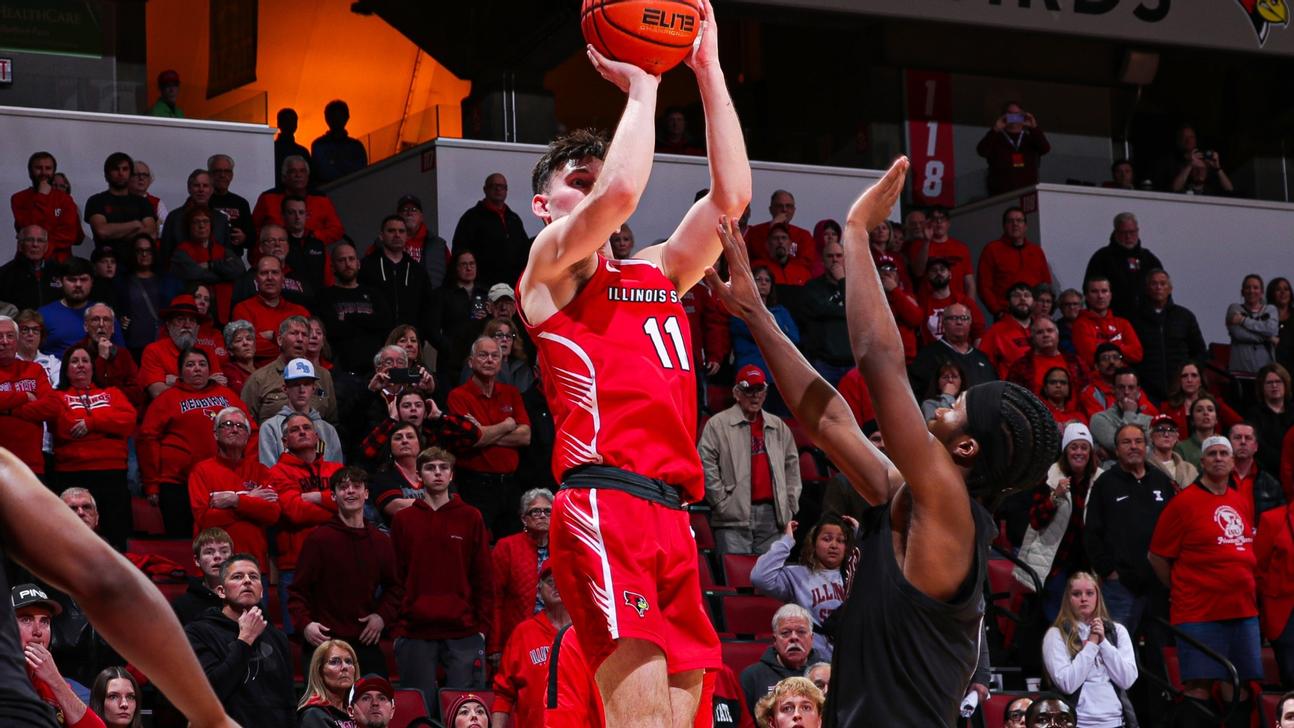ISU Graduate Workers Union reaches tentative deal
Written by June Delahunty on February 28, 2024
Image Courtesy of ISU Graduate Workers Union
NORMAL, Ill. – The Illinois State University Graduate Workers Union has come to a tentative deal with the university after nearly a year of negotiations.
The union, which represents 450 graduate students who also work for the university, has been negotiating since last March. The new deal includes a 10% raise for 70% of union members and the gradual reduction of student fees, both of which have been big issues in the union. If the deal is ratified by a simple majority of union members, it will be accepted. Otherwise, the union will strike.
According to union organizer and English instructor Steven Lazaroff, this deal is not the end of union ambitions.
“I wouldn’t say that I’m satisfied, quite frankly. I would say that I – like a lot of folks – am tired,” Lazaroff said. “We’ve been working really hard on this contract and we’re proud of the work we did. Does it have everything that we need and want in it? No, it doesn’t. But it helps a large percentage of people while also giving wins to everyone.”
Historically speaking, the university has been fairly uncooperative with the union, Lazaroff said. They referred to their previous offer back in November as their “last, best and final offer” before eventually making the current offer. While progress has been made, Lazaroff says that the university has continued to be stubborn during talks.
“They’re always intractable in their negotiations. They respond to one thing, really, and that is power,” Lazaroff said. “They respond to power exerted outside of that negotiation room. The university has to be pressured and shamed into doing the right thing.”
While the union’s negotiations team is using their free time, the university has a paid team of people in negotiations. Due to the stress inflicted by the low wages, Lazaroff sees this as a significant disadvantage the union has in the discussion.
“We are talking about folks who are dramatically underpaid and live in a great deal of financial insecurity. That affects everything,” Lazaroff said. “That affects rent, that affects food, that affects health and healthcare. So it all ripples out from the low wages.”
Ultimately, despite the union still seeing plenty of road ahead, Lazaroff sees this contract as a step in the right direction.
“Is this contract going to end the poverty wages? No, it’s not. But it’s going to bring some nice increases to people’s lives and make them a little bit easier,” Lazaroff said. “Which is the tough work of negotiating a contract, because this is an uphill battle for us. We have our back up against the wall, and we’re very proud of the work we’ve done.”





